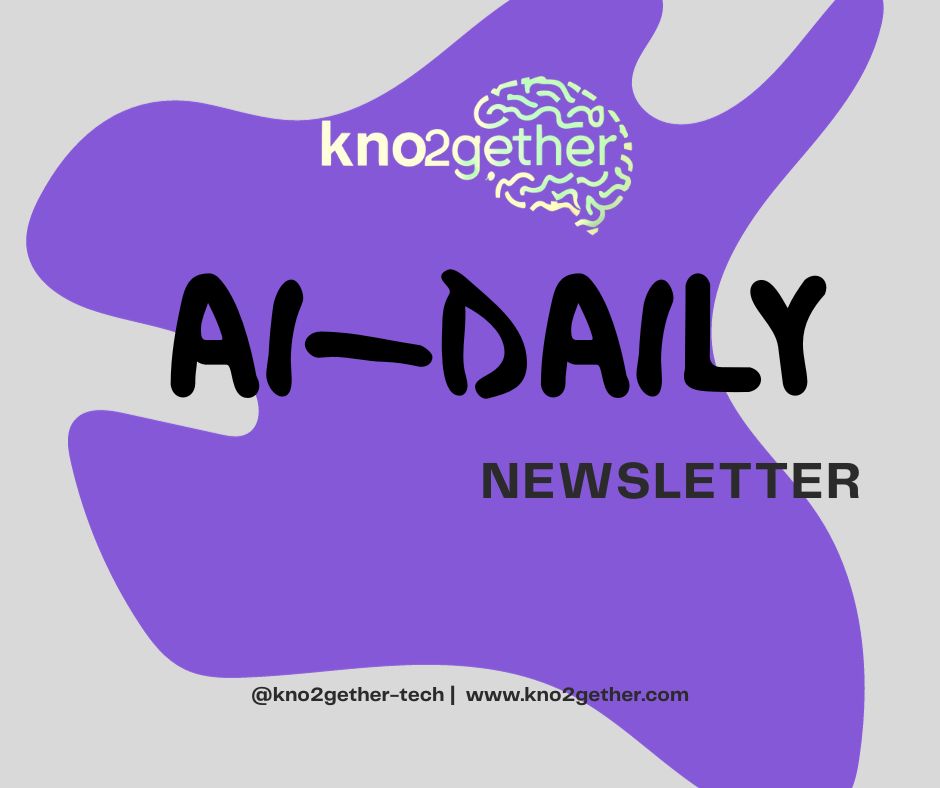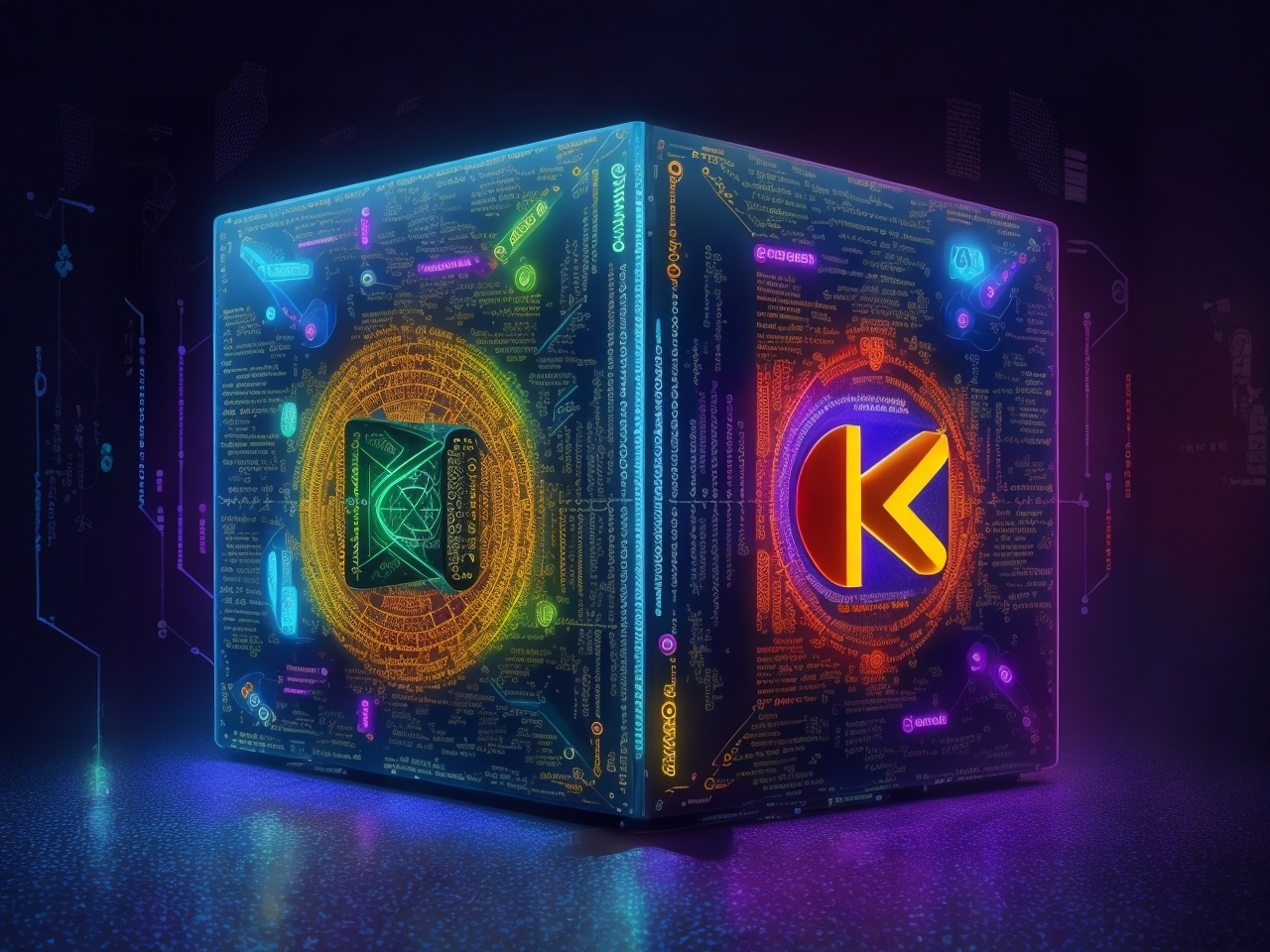AI Daily: Meta and Ray-Ban collaborated on creating AI-smart glasses

This Newsletter is Curated By: AI || Reviewed By : Avijit || Date: 2023-09-28
Spotlight
1. CIA’s AI Chatbot: The CIA is creating an AI chatbot similar to ChatGPT to sift through large volumes of information and provide sources for validation. This tool will help intelligence agencies summarize data and ask follow-up questions.
2. Artifact News App Adds Posting Feature: Instagram’s co-founders’ AI-powered news app, Artifact, now allows users to directly post on the platform. With this feature, users can share content easily through unique URLs and include titles, text, and photos.
3. OpenChat Framework Enhances Language Models: Tsinghua University researchers propose OpenChat, an AI framework that improves open-source language models using mixed-quality data. It outperforms other models in instruction-following tasks, emphasizing the importance of high-quality training data.
4. Baidu AI Cloud Releases ACE 3.0: BIDU’s Baidu AI Cloud introduces ACE 3.0, an intelligent traffic solution encompassing autonomous driving, connected roads, and efficient mobility. The solution revolutionizes traffic management.
5. Safeguards Against AI Disinformation Urged: The European Union highlights the need for more safeguards against generative AI tools to protect free and fair debate during elections. Major platforms are implementing safeguards to inform users about the synthetic origin of content.
6. AI Smart Glass: Meta and Ray-Ban collaborated on smart glasses with built-in cameras and speakers, designed for capturing moments and staying connected.
MindBlowing AI Tools Everyone talking about
– CIA’s AI Chatbot: The CIA is creating an AI chatbot to assist intelligence agencies in information analysis and retrieval. The tool’s training will rely on publicly available data.
– Baidu AI Cloud’s ACE 3.0: BIDU’s intelligent traffic solution, ACE 3.0, provides advancements in autonomous driving, connected road systems, and efficient mobility.
– OpenAI GPT-4 Performance: A study suggests that BCG consultants using OpenAI’s GPT-4 performed 23% worse in solving business problems compared to consultants without the tool.
– Facebook’s Personality Bots: Facebook’s parent company is developing bots with personalities, including a ‘saasmaster general’ robot that answers user queries.
What The World Has Researched & Innovated
1. Breakthrough in AI Chatbot Development: The CIA’s AI chatbot aims to streamline information analysis for intelligence agencies, relying on publicly available data as training input. The tool will provide agents with information lookup, follow-up questions, and data summarization capabilities.
2. Enhancing Language Models with OpenChat: Tsinghua University researchers propose OpenChat, an AI framework that improves open-source language models. The framework utilizes the Conditioned Reinforcement Learning Fine-Tuning (C-RLFT) method to enhance instruction-following abilities.
3. Advancements in Vision Backbones with RMT: Researchers propose RMT, a hybrid vision backbone combining RetNet and Transformer, providing improvements in memory retention and spatial prior knowledge incorporation for various computer vision tasks.
4. Evaluating Moral Reasoning in Large Language Models: A study evaluates the moral reasoning abilities of large language models (LLMs). GPT-3, GPT-4, and other models score poorly on moral reasoning tasks, highlighting the need for improved ethical understanding.
5. State-of-the-art Framework FC-CLIP for Panoptic Segmentation: FC-CLIP is a unified single-stage framework that revolutionizes panoptic segmentation by integrating mask generation and CLIP classification, offering a simpler design with lower computational cost.
6. Bridging AI and Neuroscience with Neural Graphical Models: Microsoft researchers propose Neural Graphical Models (NGMs), leveraging deep neural networks to learn and represent probability functions. NGMs offer a versatile framework for modeling probability distributions.


